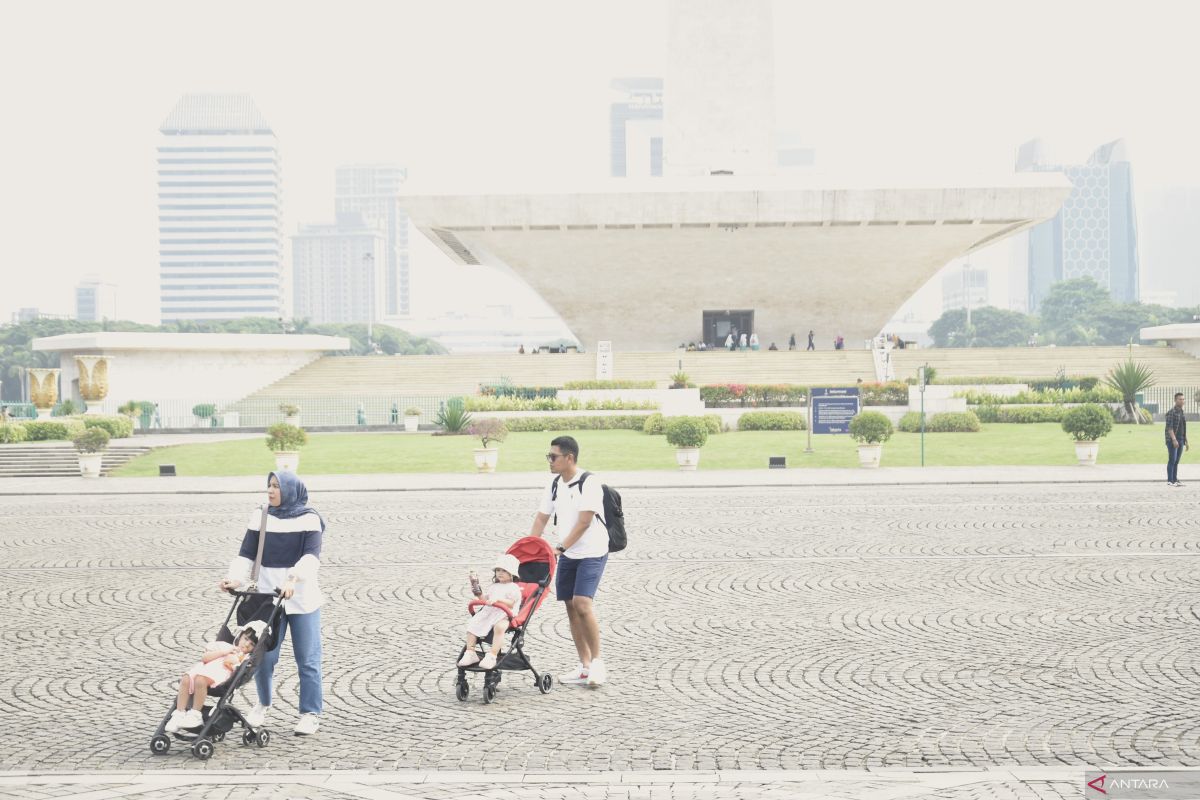Scorching temperatures across Indonesia not caused by heatwaves: BMKG
- May 2, 2024

He remarked that the phenomenon is a regular cycle that occurs annually, and the temperature surge might occur in the same period in any year.Jakarta (ANTARA) - The Meteorology, Climatology, and Geophysics Agency (BMKG) clarified that the temperature surge occurring in most regions in Indonesia is not caused by heatwaves but rather by the sun's position.
"By its characteristics, the scorching temperature occurring in various regions in Indonesia is caused by the apparent sun motion," the agency's deputy for meteorology, Guswanto, stated here on Thursday.
He remarked that the phenomenon is a regular cycle that occurs annually, and the temperature surge might occur in the same period in any year.
"(It is) because if we review according to the phenomenon characteristics and temperature statistics indicator, there is no heatwave since (what happened) could not be classified as such," he explained.
He confirmed that according to BMKG's meteorological data, the current temperatures in most regions in Indonesia had increased by five degrees above the average temperature in the last five days.
The temperature increase was recorded in Jayapura, Papua, reaching 35.6 degrees Celsius; Surabaya in East Java, 35.4 degrees Celsius; Palangka Raya in Central Kalimantan, 35.3 degrees Celsius; and in Pekanbaru in Riau, Sabang in Aceh, and Jakarta, 34.4 degrees Celsius, he noted.
However, the current temperature surge in Indonesia is not the same as that reported in some Asian countries, such as Myanmar, Thailand, India, Bangladesh, Nepal, and China, he remarked.
According to Canada's Global Deterministic Prediction System, the temperatures in those countries recently reached the maximum level of 41.9-44.6 degrees Celsius.
Moreover, the temperature surge was also reported in Malaysia at 34.3-34.7 degrees Celsius, and the Philippines, 36.5-39.6 degrees Celsius, he added.
Meanwhile, to reduce health risks due to exposure to high day temperatures, Guswanto recommended residents to reduce their time outdoors from 10 a.m. to 4 p.m. local time and use SPF 30+ sunscreen every two hours to protect the skin.
No comments:
Post a Comment